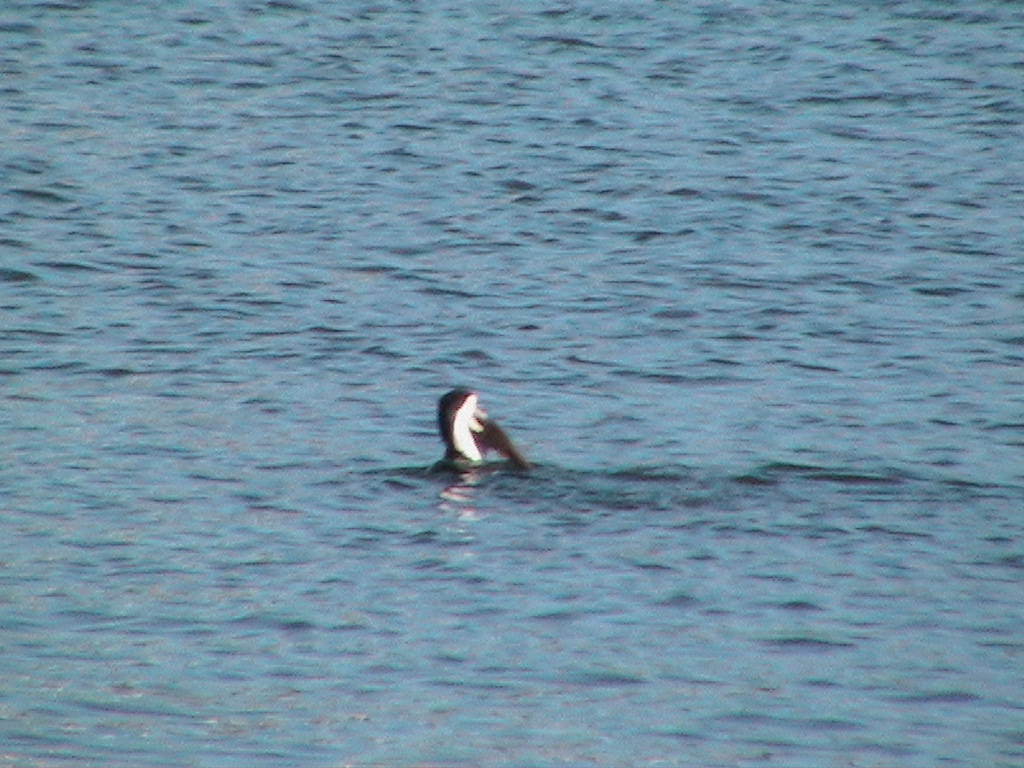Exploring the Decline of the Music Festival Industry | The Soundcheck


Exploring the Decline of the Music Festival Industry | The Soundcheck

Honoring Our Nation: The Importance of Standing for the National Anthem The national anthem holds significant value as a powerful symbol of our shared identity and collective ideals. For many,

Review of NSW Sexual Assault Cases Reveals ‘No Systemic Deficiencies’

The impact of extreme heat on cardiovascular disease in Australia is projected to more than double by 2050.
It seems you’re referring to a post or article discussing the challenges facing the music festival industry. Here’s a possible response:
The decline of the music festival industry raises several important issues that deserve our attention. Economic factors, shifting consumer preferences, and the lasting impact of the pandemic have all contributed to a challenging environment for festival organizers. Many festivals that once thrived are struggling to regain their audiences as people reconsider how they spend their disposable income and prioritize experiences.
Additionally, with the rise of digital entertainment options and changes in music consumption habits, festivals must innovate to attract and retain attendees. This could mean offering unique experiences, diversifying the lineup, or incorporating more interactive elements to create a memorable atmosphere.
Furthermore, the industry’s reliance on sponsorship and partnerships can also complicate its viability. The pressure to conform to brand expectations may lead to a loss of the authentic vibe that made these festivals popular in the first place.
To revitalize the music festival scene, it may be essential to focus on sustainability, inclusivity, and community engagement. By listening to fans and adapting to new trends, the festival industry can potentially overcome these challenges and emerge stronger than ever.
What are your thoughts on the future of music festivals? Do you think they can adapt to survive, or is this a sign of a broader shift in how we experience live music?
Feel free to adjust any parts or add your insights!